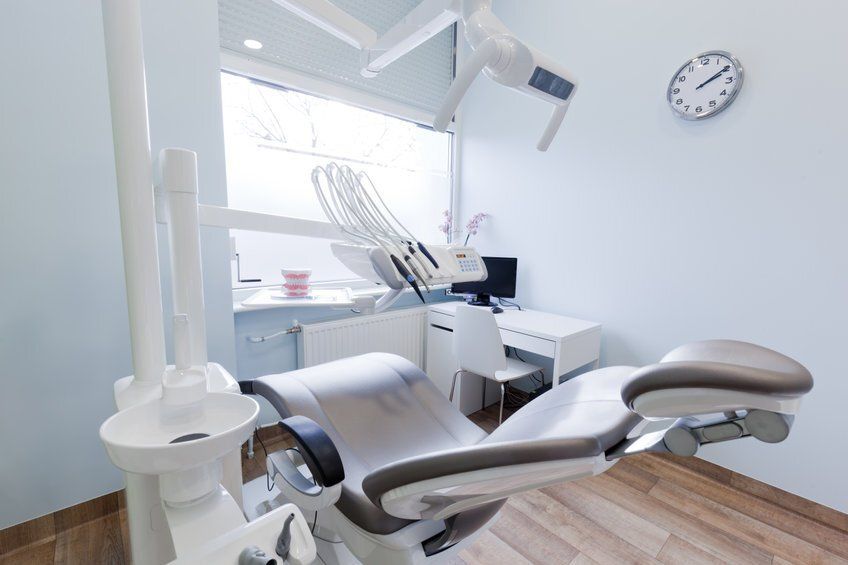Is Oral Sedation Dentistry Safe?

If you ask your Denver sedation dentist, they’ll probably tell you straight up that oral sedation dentistry is almost 100% safe. There are extremely few cases where any major complications have occurred as a result of using mild or even stronger oral sedation methods, and you’ll find that there are also plenty of methods in place to ensure that your oral sedation dentistry Highlands Ranch office has all the information about allergies and underlying conditions, as well as medication you might be taking that could potentially pose some problems.
In Denver, relaxation dentistry is taken very seriously, so expert sedation dentists in the area are very good ad adjusting the dosage for oral sedation just right to ensure that patients remain entirely calm, but also entirely conscious during the procedure that they are there for. Whether you need an extraction or you require dentures, you’re in safe hands, and there are no risks that the sedative might wear off too quickly or that it won’t be strong enough to block the pain to a major extent.
Prior to the procedure, your dentist will have all the information about any medical conditions you might have to ensure that side effects and negative reactions can be prevented before they even occur. As such, you will simply have to relax and take your oral sedative to get your teeth taken care of without any kind of a negative experience.











